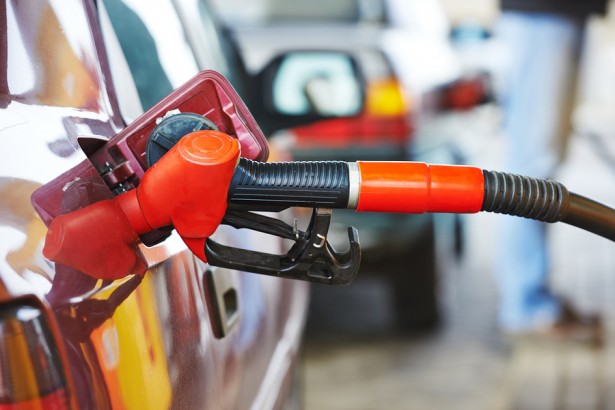Consumers are riding a wave of momentum right now amid lower gas prices. Most business analysts and government studies suggest this trend will continue into next year, too, which will permit consumers to have additional cash in their pockets. However, this may not last too long if the government has its way.
Speaking in an interview with CNBC on Friday, former Pennsylvania Democratic Governor Ed Rendell believes the federal government should raise gas taxes with fuel prices low and continuing to fall. With gas prices about 50 cents less than they were a year ago, Governor Rendell believes now is the time to hike gas taxes to fund infrastructure projects.
Rendell presented the case that bridges are falling apart, the roads are crumbling and traffic has become greater for motorists. Essentially, he averred that drivers would be getting a return on their investment by paying a higher gas tax because those revenues would be immediately placed into important infrastructure endeavors.
“Our infrastructure is crumbling, our roads and bridges are in dangerous conditions and it would actually save people money,” said Rendell, who cited a Texas Transportation Institute report that suggested the average motorist loses approximately $800 each year in gas in wasted congestion and damage to cars and trucks.

“The gas tax hike … would be 12 cents adjusted for inflation. That would cost the average driver $130 a year, they would get a return on that investment. They would actually save money. It would make our roads safer, improve our quality of life, it would make us more economically competitive. It would create tens of thousands of middle-class jobs…”
Rendell added that it’s imperative for the federal government to do something about the nation’s infrastructure over a decade-long period rather than just over the course of one or two years.
This isn’t the first time that politicians have discussed raising gas taxes. This past summer, Senators Bob Corker and Chris Murphy attempted to gain bipartisan support by proposing to boost the gas tax to raise $164 million in revenue for the U.S. Highway Trust Fund.
Critics of this recommendation say that consumers should be given a break and allow them to enjoy these short-term prices. Instead of punishing them and increasing the burden on drivers, opponents state consumers should be rewarded after years of record-high gas prices and the taxes that went along with it.
Also, some investors argue that these gas prices aren’t here to stay for the long-term as oil isn’t an infinite resource. Here is what Jim Rogers said in an interview with the Business Insider last month:
“It’s a fundamental positive for anybody who uses oil, who uses energy. It’s not a positive for places like Canada, Russia, or Australia. It seems to me that this is a bit of an artificial move. The Saudis, from what I can gather, are dumping oil because the US has told them to in order to put pressure on Russia and Iran. And it’s probably not a real move. I read about shale oil like you do. But at the same time, North Sea production is declining. Russian production will start declining next year. All the major oil fields that we know about — all the production is static or declining. So it doesn’t quite add up on any kind of medium-term basis I can see.”
Rogers has said for years that oil fields are depleting all over the world. Although the market has discovered new and innovative methods to extract oil, Rogers believes this can’t last forever. At the same time, however, there have been oil scares on a regular period over the past century and then they have been retracted because of new discoveries.




